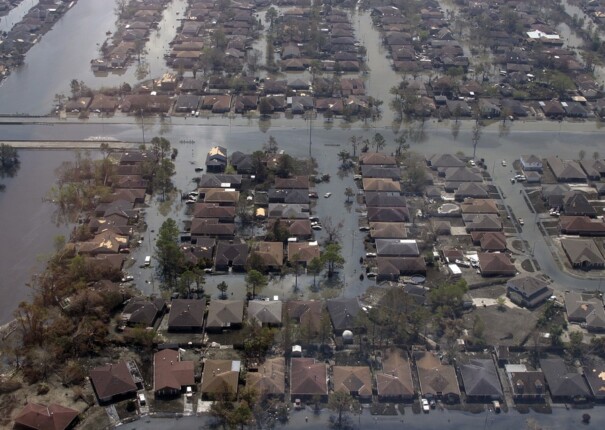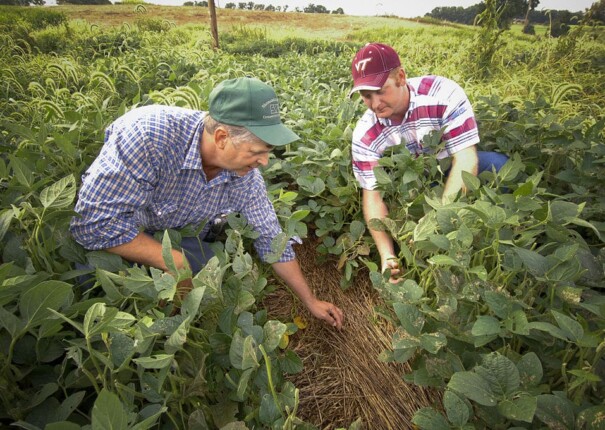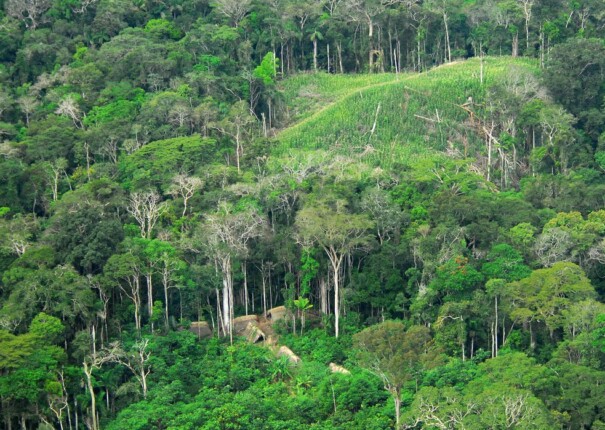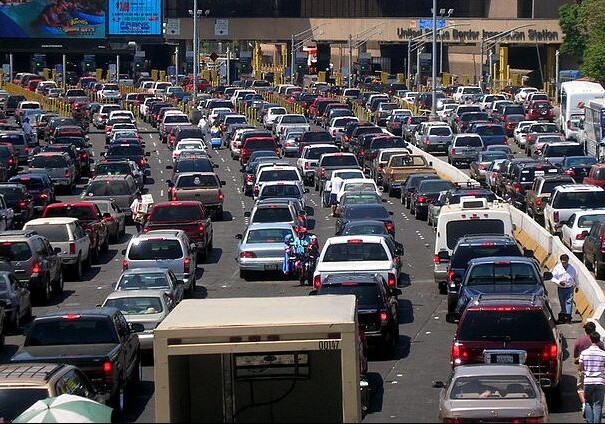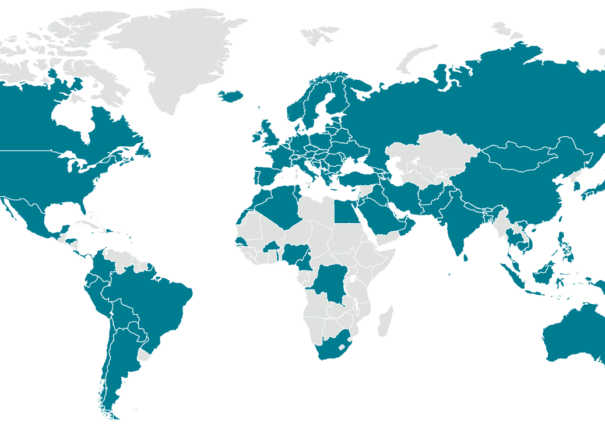Air pollution linked to far higher Covid-19 death rates, Harvard study finds

by Damian Carrington, The Guardian Highlights New research from the Harvard TH Chan School of Public Health suggests that air pollution is linked to higher death rates for people that have contracted COVID-19 compared to those living in areas with cleaner air. Living in a polluted city in the past has an effect on death … Read more

